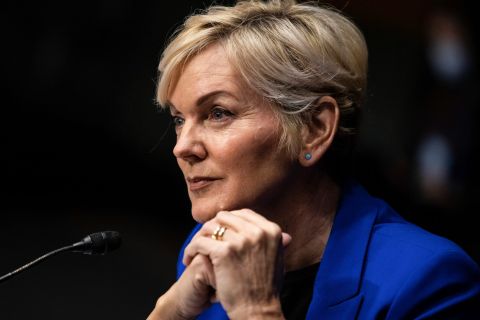By Karen Naumann, APR
Communication professionals should manage communications function. Too often, engineers, geologists, administrative assistants, and other non-communication professionals are assigned the responsibility of public relations…However; the communication field has evolved into a complicated, highly specialized field that can produce mission critical outcomes.
As a management function, professional business communicators:
- Anticipate, analyze and interpret public opinion, attitudes and issues that might impact, for good or ill, the operations and plans of the company;
- Counsel management at all levels with decisions, courses of action and communication, so as to take into consideration their public ramifications and the company’s social responsibilities;
- Research, on a continuing basis, programs of action and communication that informs of the success of an organization; and
- Plan and implement efforts to influence or change public policy.
To do this successfully, a fundamental knowledge of communication theory and its applications, advance research capability, strategic planning, implementation and evaluation techniques are required. None of which is part of a science-rooted education.
While longer-established specialties within the communication field, such as advertising, are understood by non-communication professionals, other niche communication areas, such as public relations are not. Public relations is not synonymous with publicity, which is actually a small subset and specialized discipline within public relations. And, it is not practiced by spin doctors or flacks. Public relations is even more than managing the flow of information between a company and its stakeholders, the communications discipline engages and informs key audiences, and builds important relationships. It has a real, measurable impact on the achievement of strategic goals.
The outcomes achieved by professional communicators, such as public relations practitioners, are critical to the success (or failure, if done poorly) of a company. For example,
- Awareness building;
- Organizational motivation, which builds morale, teamwork, and productivity;
- Issue anticipation, which gives early warning of issues, change, and unrest;
- Opportunity identification of new markets, services, products, methods, allies, and positive issues;
- Overcoming executive isolation, which enables realistic, competitive, enlightened decisions; and
- Social responsibility, which enhances economic success through trust.
These outcomes are delivered through strategic plan development that produces measurable results from specific objectives that are directly tied to business goals. Strategies, such as the following, are often part of a professionals strategic plan development:
o Event Planning – detailed, creative, and advanced planning and management of events that promote client objectives, control costs, and initiate newsworthy activity;
o Advertising – information placed in the media as an identified paid sponsor of time and space;
o Media Relations – use of the media when communicating with a client’s public;
o Issues Management – proactive anticipation, identification, evaluation, and response to relevant public policy issues;
o Community Relations – positive involvement within the community; and
o Training both presentation (prepare designated spokespeople to become confident, effective presenters that are essential when attempting to acquire prospective clients and selling in other business situations) and media interviews (preparation of clients for a successful interview with various members of the media).
The above focus heavily on public relations, which tends to be the most misunderstood communication specialty. But other specialties warrant a clear definition as well. Below are well-known definitions put forth by Cutlip, Center and Broom.
Marketing is the management function that identifies human needs and wants, offers products and services to satisfy those demands, and causes transactions that deliver products and services in exchange for something of value to the provider.
Advertising is information placed in the media by an identified sponsor that pays for the time or space. It is a controlled method of placing messages in the media.
Regardless if the responsibility is public relations, marketing or advertising, it is unfair and unrealistic to expect a geologist, engineer or administrative assistant to manage successfully the role of communication, much less produce positive outcomes. It also puts a company at an unfair disadvantage. So, when reviewing the org chart, make sure you have the right communications people on the bus - and in the right communications seats (apologies to Jim Collins).
Karen Naumann is a Partner at Magnolia Sky Communications and a member of the Public Relations Society of America.
Recommended Reading
Energy Transition in Motion (Week of March 22, 2024)
2024-03-22 - Here is a look at some of this week’s renewable energy news, including a new modeling tool for superhot rock.
US Finalizes Big Reforms to Federal Oil, Gas Drilling
2024-04-12 - Under the new policy, drilling is limited in wildlife and cultural areas and oil and gas companies will pay higher bonding rates to cover the cost of plugging abandoned oil and gas wells, among other higher rates and costs.
CERAWeek: Energy Secretary Defends LNG Pause Amid Industry Outcry
2024-03-18 - U.S. Energy Secretary Jennifer Granholm said she expects the review of LNG exports to be in the “rearview mirror” by next year.
DOE Considers Technip, LanzaTech For $200MM ‘Breakthrough’ Technology Award
2024-03-25 - The U.S. Department of Energy funding will be used to develop technology that turns CO2 into sustainable ethylene.
Hirs: LNG Plan is a Global Fail
2024-03-13 - Only by expanding U.S. LNG output can we provide the certainty that customers require to build new gas power plants, says Ed Hirs.




